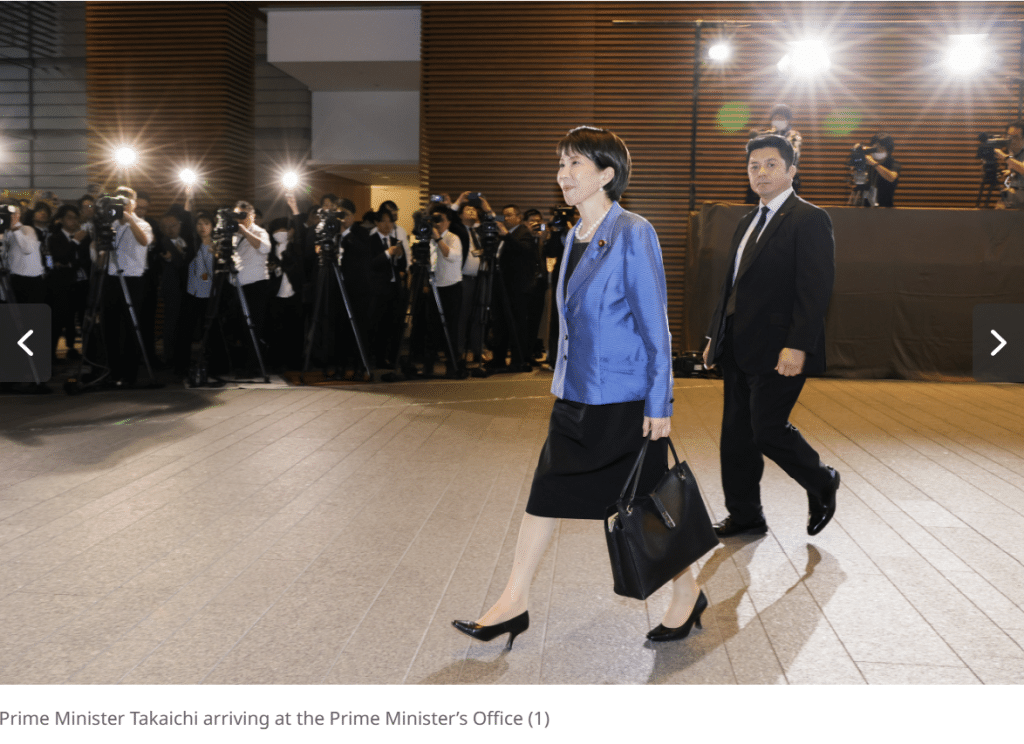TCC-CPAFFC Webinar: The Next Chapter in U.S.-China Relations
On August 6th, 2020, The Carter Center and the Chinese People’s Association for Friendship with Foreign Countries (CPAFFC) jointly organized a webinar, titled “What Is the Next Chapter in U.S.-China Relations?” The online meeting was held in response to recent developments indicating the further deterioration of the bilateral, government-to-government relationship between the United States and China. The workshop featured a number of prominent American and Chinese speakers across various sectors relevant to the U.S.-China relationship, including educational exchanges, business and trade, media, and local government.
Each speaker was given the opportunity to assess the current bilateral relationship, including the causes of the continued decline in relations. Speakers offered recommendations on the most realistic ways a healthy and constructive relationship could be attained in their particular sector, and shared ideas on how to repair the relationship incrementally yet impactfully in order to prevent future escalation. Participants were pleased to receive a letter from President Jimmy Carter, through which he encouraged all participants to “use this discussion to determine which differences (between the U.S. and China) must be overcome to foster our bilateral relationship.” Ambassador Lin Songtian, CPAFFC’s new President, and Ms. Paige Alexander, the new CEO of the Carter Center, offered keynote speeches. Mr. Steve Orlins, President of the National Committee on US-China Relations, gave concluding remarks.
In his address, Ambassador Lin expressed respect for the efforts of previous political leaders from both countries—such as President Nixon, President Carter, and Deng Xiaoping—who worked to overcome barriers and establish constructive engagement between the United States and China. Ambassador Lin emphasized that “wise and strong leadership” brought enormous benefits to both countries. He also expressed disappointment in the current political leadership of the United States, especially with regard to Attorney General Barr and Secretary of State Mike Pompeo’s recent policy speeches on China. Ambassador Lin claimed these remarks are antithetical to the work of previous political leaders in both countries who fought to establish and maintain a healthy bilateral relationship. Due to the size and power of both countries, he emphasized the importance of pursuing win-win cooperation as well as the timely significance of this webinar.
Mrs. Paige Alexander’s speech built off many of the ideas expressed President Carter’s letter. She highlighted areas where she believes both countries still have high opportunity and incentive to work together––such as climate change, denuclearization, peace in the African continent, and vaccine research and information sharing in regard to COVID-19. Mrs. Alexander emphasized the need for increased engagement and regular dialogue, and brought forth the necessity of restoring discussion between the two countries on even sensitive issues such as human rights, so that each side can more fully understand the other’s core concerns and points of view. She told the participants that maintaining a healthy bilateral relationship is crucial for not only the United States and China, but also for global peace and prosperity.
Given the speakers’ diverse array of experiences across countries and sectors, their perspectives on the next chapter of U.S.-China relations varied. There were, however, a few consensus points. Most speakers acknowledged the current troubled state of bilateral relations, and conceded that the damage that has already been done will take a long time to fix. There was a heavy emphasis that the next few months until the election will likely be one of the most unpredictable and turbulent periods for U.S.-China relations, and that the relationship may get worse before it gets better. As such, many speakers agreed that pessimism in the short-term toward the U.S.-China relationship was the pragmatic approach, but left room for tentative, long-term optimism. Speakers from both sides strongly felt that war between China and the United States––both nuclear powers––is not an option, and conveyed a cautious optimism that regardless of the outcome of the election, there could still be a hope of avoiding armed conflict and stabilizing bilateral relations in the future.
There was discussion about changing the narrative surrounding engagement, and an emphasis on molding the next generation of leaders in both countries to view cooperation as a benefit. Chinese and American speakers discussed their role as an older generation who experienced the gains from bilateral cooperation firsthand, and the need to share those experiences in order to counter the narrative that bilateral engagement has been a failure. Many spoke on the importance of continuing educational exchanges, facilitating NGO-to-NGO cooperation, and maintaining a fabric of people-to-people interaction between the two countries.
All those in attendance, regardless of their level of pessimism regarding the future, agreed that engagement and discussion in forums like this are critical. Open dialogue between both sides—especially on the non-governmental level in a variety of sectors—should be facilitated and organized more widely and regularly in order to increase opportunities and potential for collaboration and mutual understanding. Although the next chapter of U.S.-China relations remains uncertain, regular and frank discussion between both countries will be the key moving forward.
By Cayleigh Jackson.








